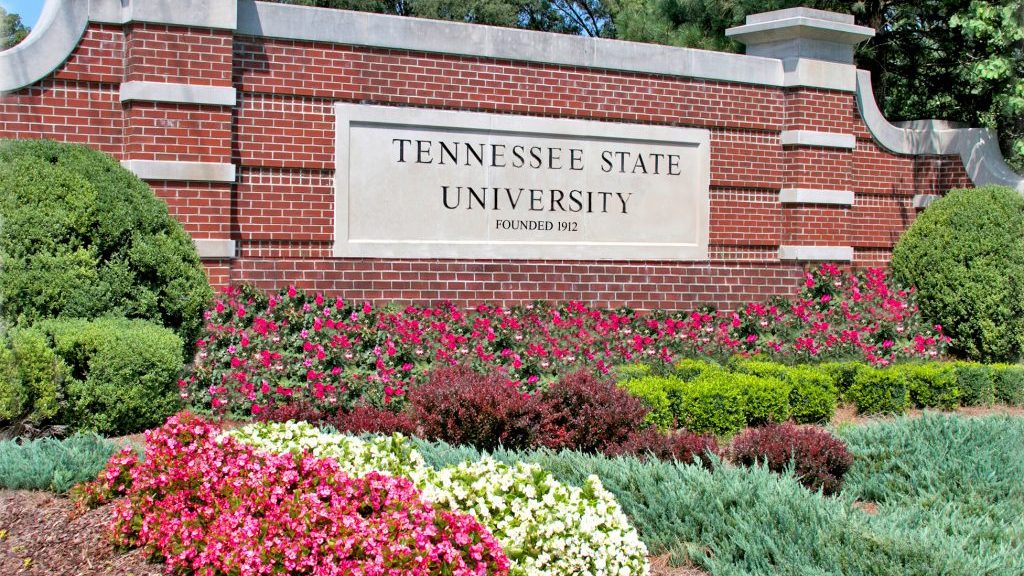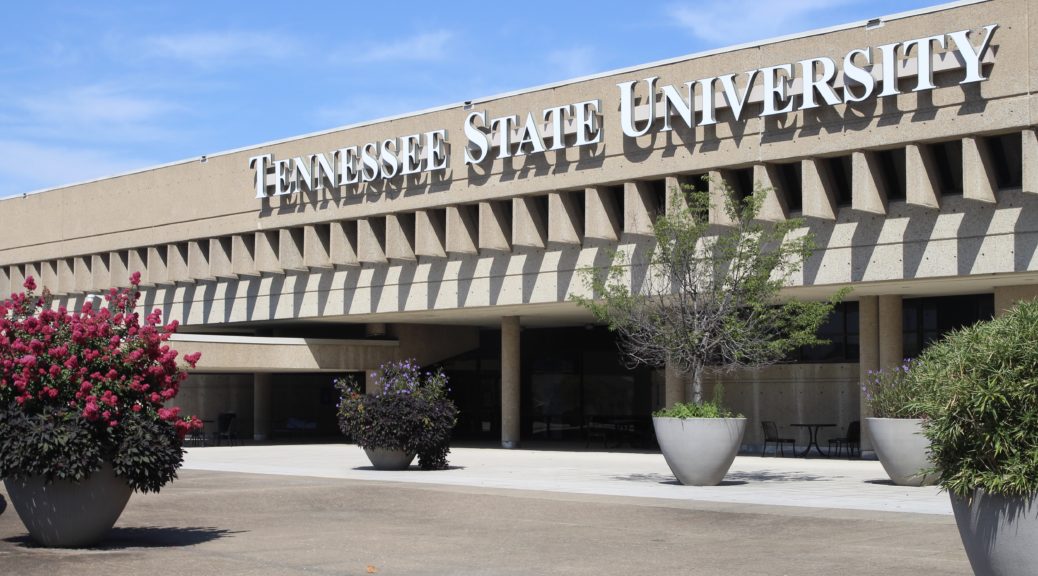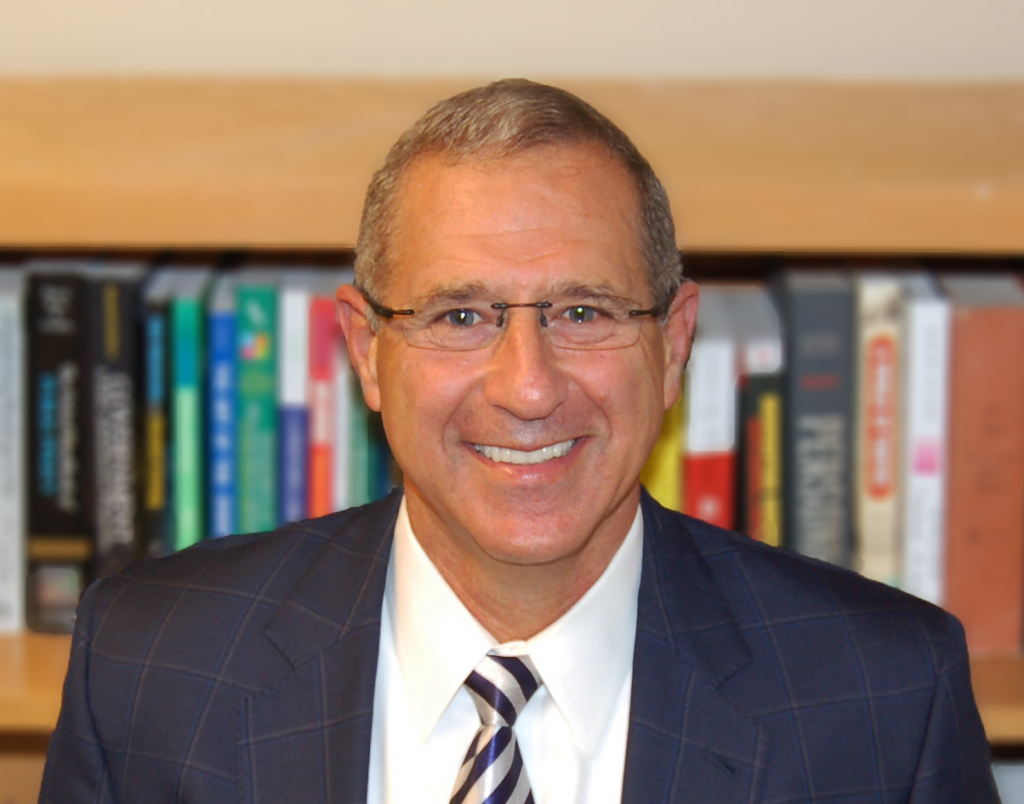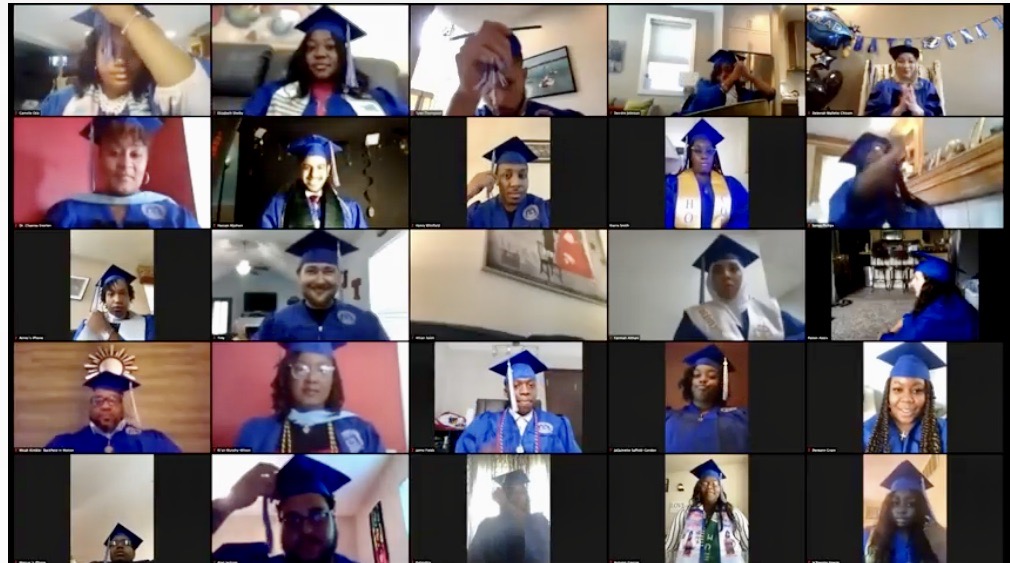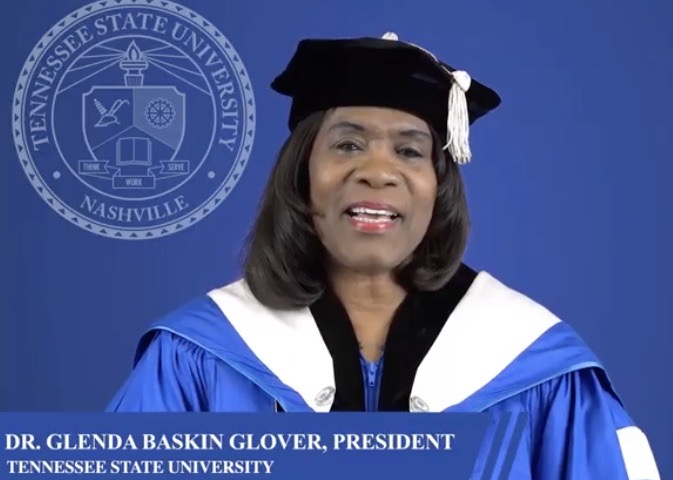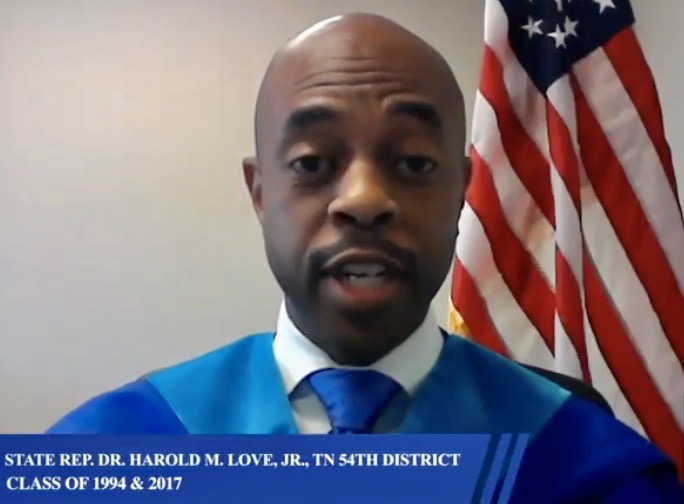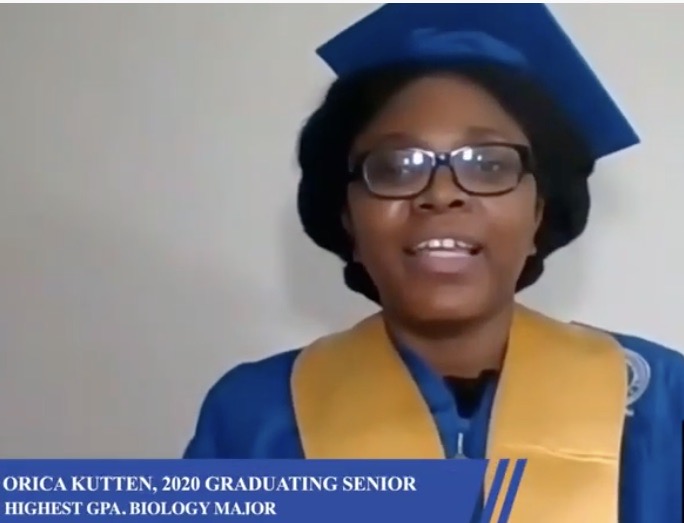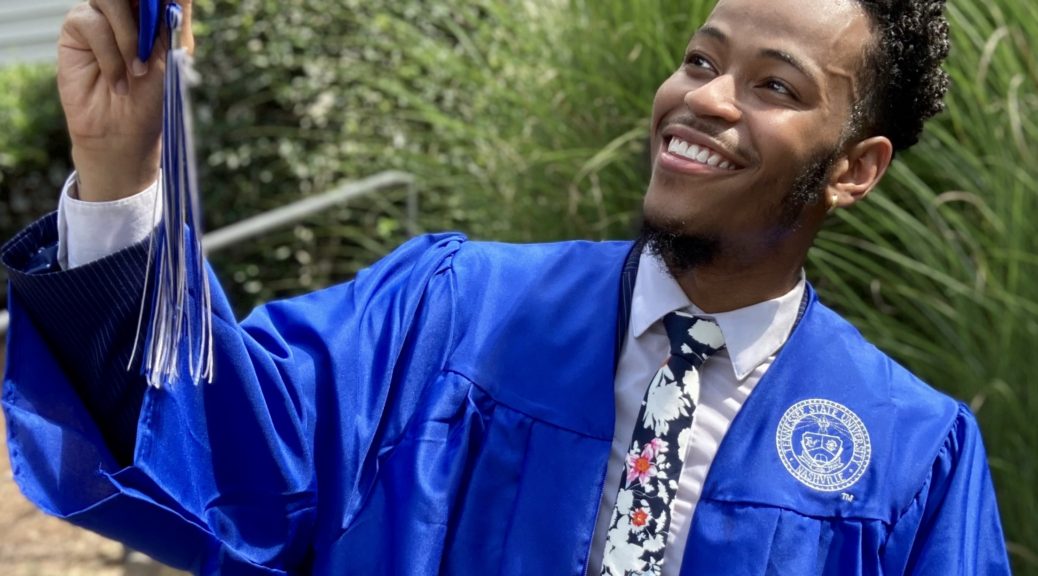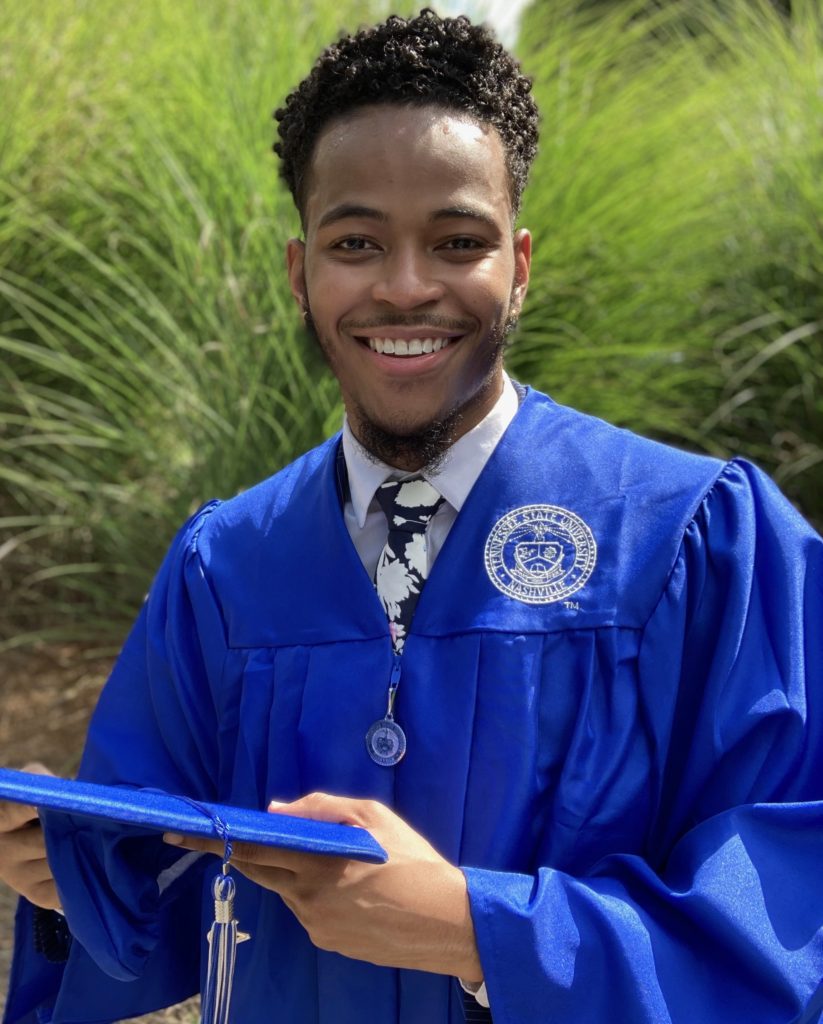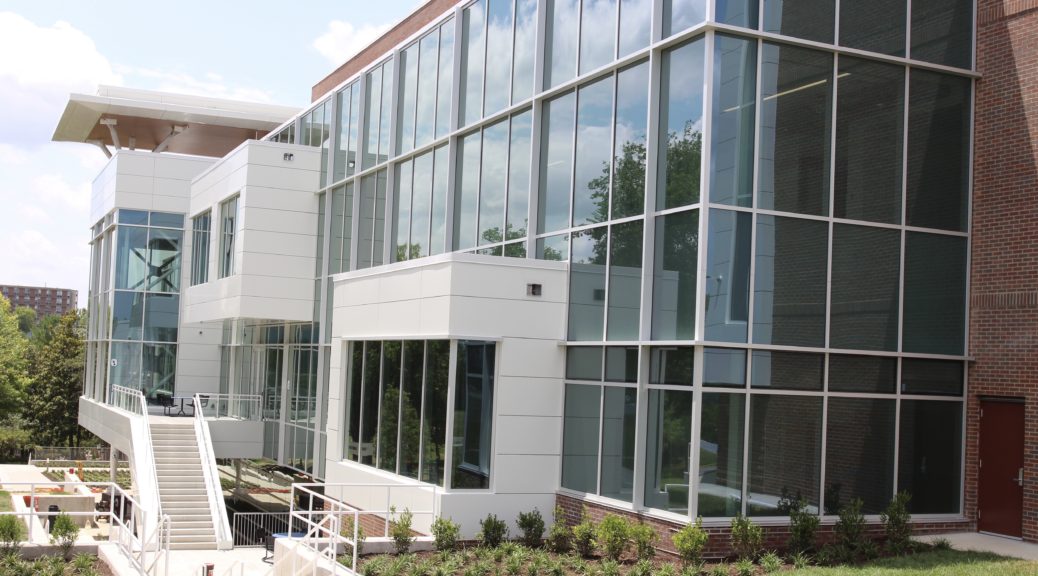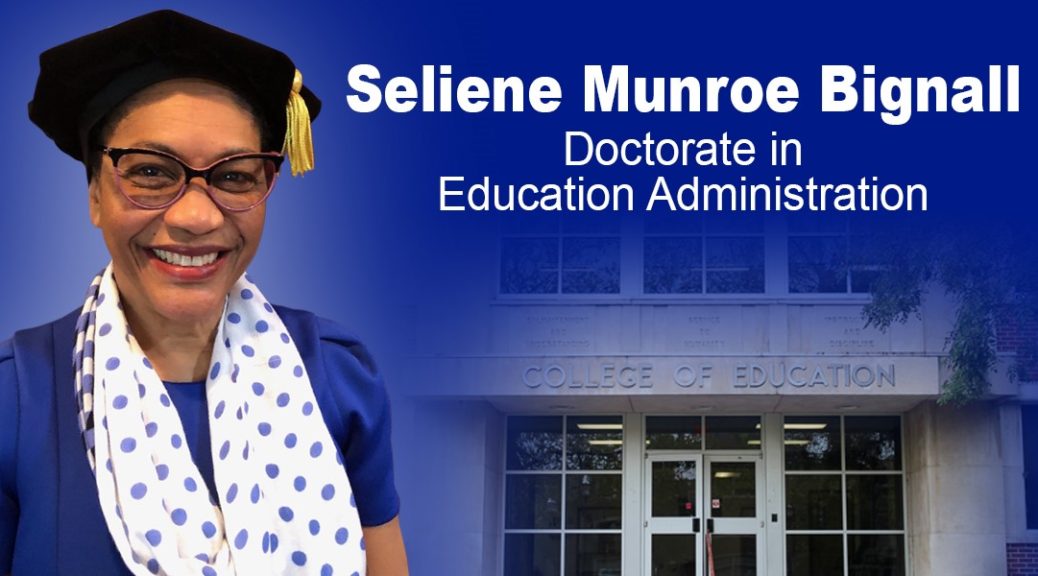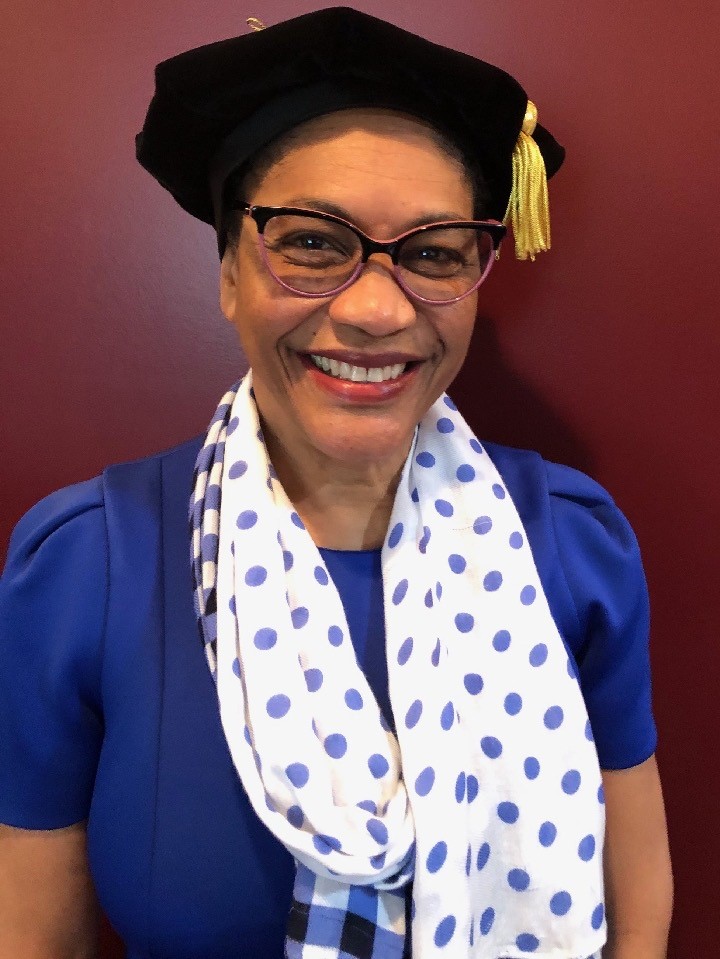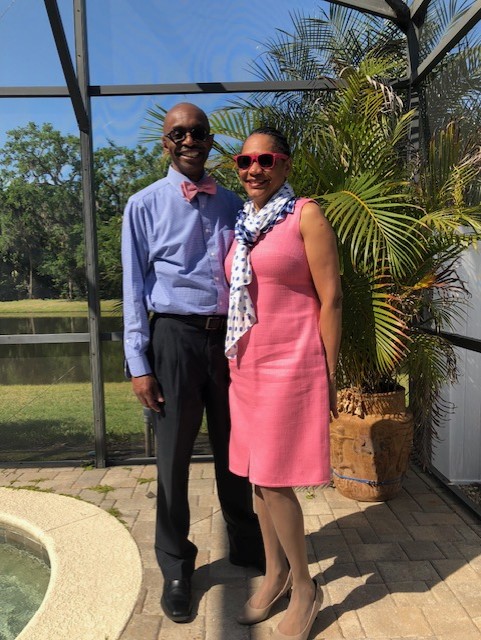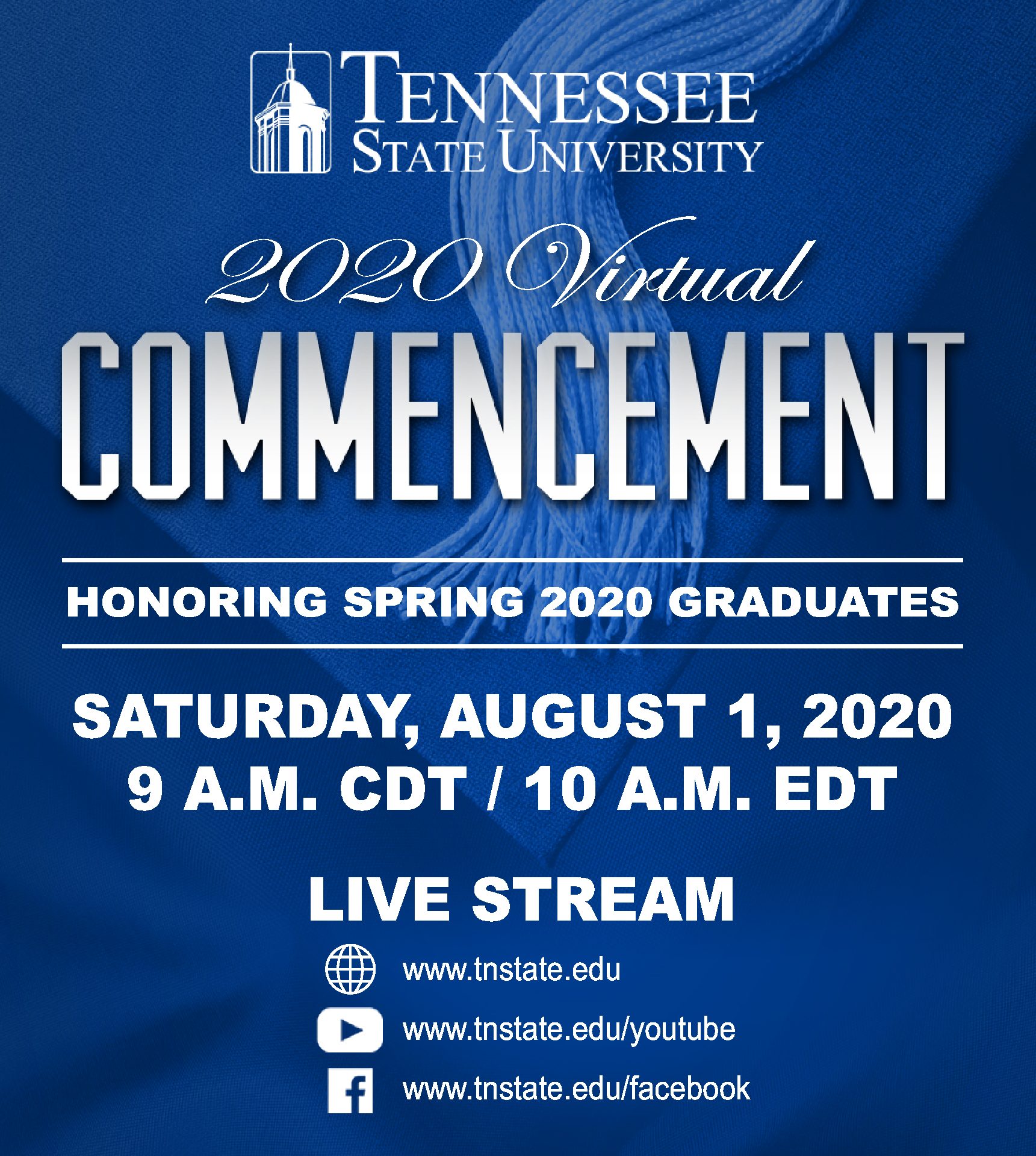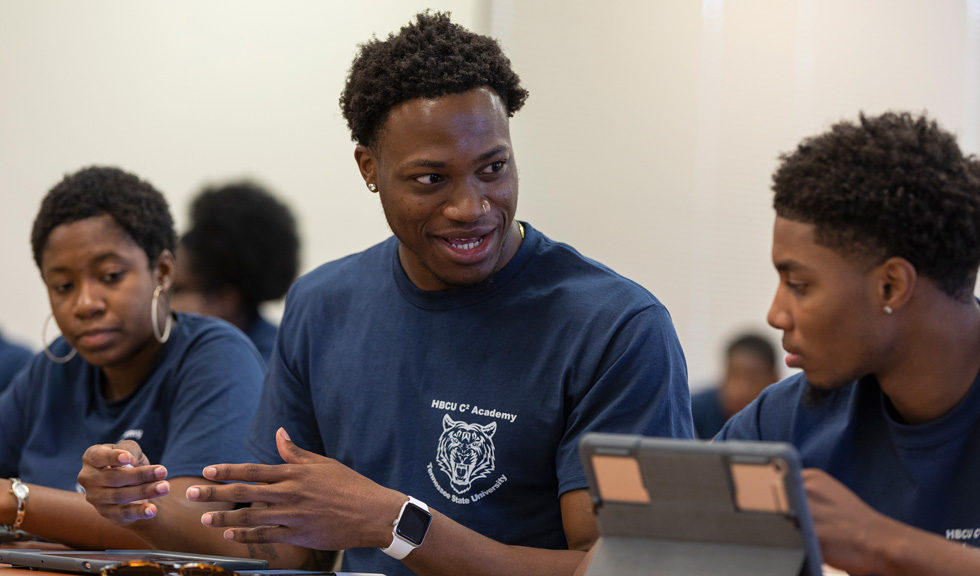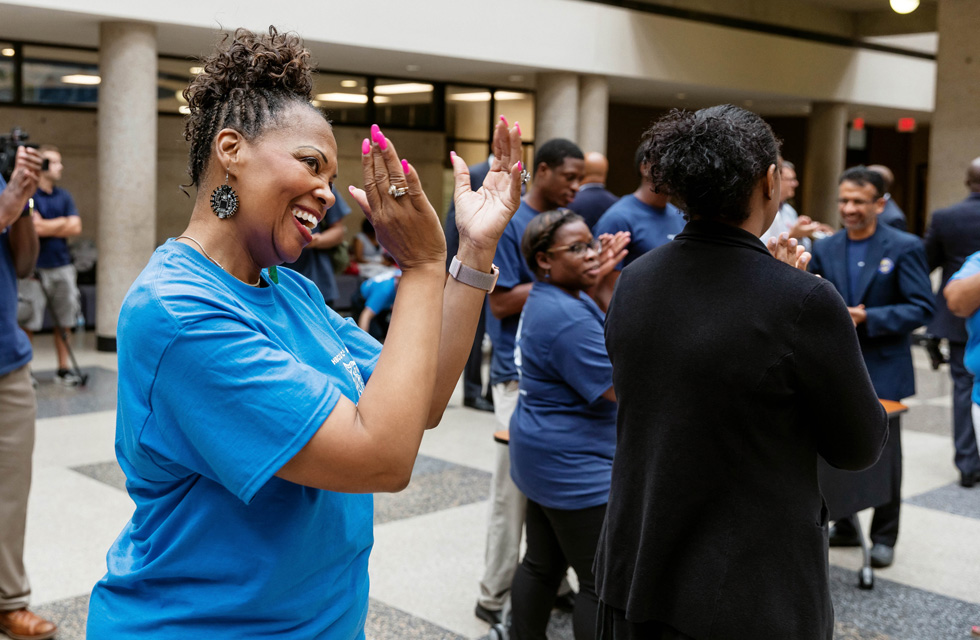NASHVILLE, Tenn. (TSU News Service) – As Tennessee State University reopened this week, President Glenda Glover assured employees that TSU has taken steps to make sure students and the campus community are safe amid the coronavirus pandemic.

Dr. Glover spoke during a virtual Fall 2020 Faculty-Staff Institute on Monday. Students moved into residence halls on Tuesday, August 11, and officially begin the fall semester on August 17.
“Our number one issue is your safety,” said Glover. “We have built in some safeguards to ensure your safety. We’re facing external challenges like never before. I remain grateful to you for your hard work, your devotion, your dedication.”
The President referred to the implementation of a comprehensive safety plan that includes a 14-day “safer in place” policy upon arrival for all students in residence halls. The policy requires students to stay in their places of residence unless they need to perform essential activities, such as getting food, or going to medical appointments.
She also noted a Pandemic Task Force that has been meeting just about every day to address issues related to the coronavirus, and a Fall Course Delivery Task Force she created to help develop the best strategy for classes this fall.
Under the plan, all classes will be online for the first two weeks, and there will be both in-person and online instruction throughout the semester, which will end by Thanksgiving. Additionally, classrooms have been assessed to determine the number of students that can occupy the rooms, based on guidelines from the Centers for Disease Control and Prevention. Computer labs have also been marked to determine the number of persons allowed to use them at the same time. Desks and high-touch surfaces will be cleaned and disinfected throughout the day for classes, labs, and public areas between usage.
Other safety measures for the campus include wearing of face coverings and social distancing at all times; regular cleaning and sanitizing of buildings; temperature checks upon entering campus and randomly throughout campus; installation of shields throughout the campus; and establishment of a non-emergency COVID-19 phone line and email for reporting concerns.
During the Faculty-Staff Institute, Dean of Students Frank Stevenson said the university is focusing on the well-being of students by offering counseling and telehealth services.
“Students will have access to speak with a doctor 24 hours, seven days a week,” said Stevenson, who is also associate vice president for Student Affairs. “We want them to be successful.”
Despite the pandemic, Glover noted that the University “remains in sound financial condition.” She said first-year enrollment is up, as well as graduate student enrollment. The University’s endowment has also continued to grow, with an increase of more than $20 million since 2014.
The President also highlighted a new $38.3 million state-of-the-art Health Sciences Building scheduled to open sometime this month on campus.
“History will judge if we came together and did all we could to secure a strong future for our University, while building on its past,” Glover said.
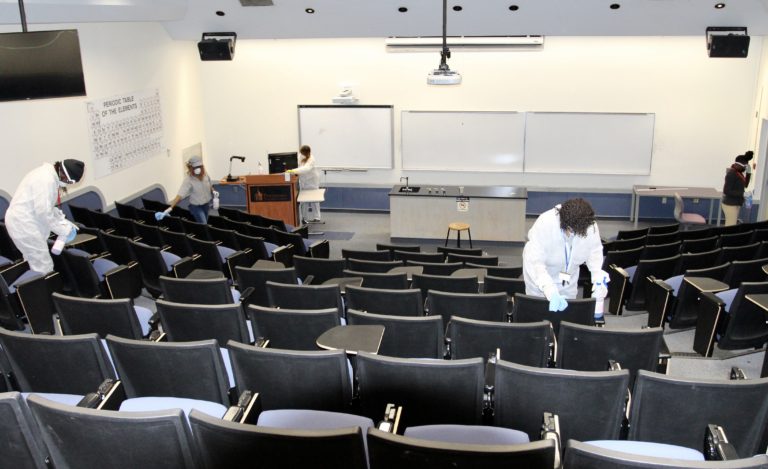
Dr. Kimberly Triplett, TSU Faculty Senate chair, said she’s optimistic about the year ahead.
“These are challenging times for the University due to the global coronavirus,” said Triplett. “But it’s my hope as we come together as a collective body … we will continue to make progress and continue to move the University forward for our students.”
To further assist students, the University decided to freeze tuition this year and offer discounts of up to 15 percent on fees and tuition for those who take all online courses. These discounts will depend on the student’s in-state or out-of-state status. Also, students who choose to do so will be allowed to cancel their housing and receive a full refund of their deposit.
Since students transitioned to remote learning in March as a result of COVID-19, TSU has made sure that they have digital devices, such as laptops, to successfully complete their coursework. TSU officials reiterated during the FSI meeting that going forward they will continue to make sure students have what they need, as well as faculty.
Dr. Cheryl Seay is executive director of TSU’s Global Online and the lead person in helping TSU faculty who may need assistance with online instruction. She said sessions are held seven days a week via Zoom to address faculty questions or concerns, and she’s pleased with the participation and adjustment.
“The faculty have really stepped up to the plate, and shown their commitment,” said Seay. “They are doing everything they can to embrace this. I’m just really proud of our faculty.”
Additionally, the University is giving its alumni and others affected by the virus an opportunity to retool by partnering with Apple to help those individuals learn how to code and design apps. The “Everyone Can Code and Create” course will be offered online this fall through TSU’s National Center for Smart Technology Innovations, which is supported by the tech giant.
“TSU is the only institution that is taking what I call a comprehensive approach to help all of our stakeholders of alumni, faculty, students, staff and community,” said Dr. Robbie Melton, the Center’s director and head of TSU’s Global Online program. “We’re not leaving anyone out, due to the fact that COVID-19 hasn’t left anyone out.”
For information about more programs, visit http://www.tnstate.edu/online/.
To learn more about TSU’s campus operation plans for fall reopening, visit www.tnstate.edu/return.
Department of Media Relations
Tennessee State University
3500 John Merritt Boulevard
Nashville, Tennessee 37209
615.963.5331
About Tennessee State University
Founded in 1912, Tennessee State University is Nashville’s only public university, and is a premier, historically black university and land-grant institution offering 39 bachelor’s degree programs, 24 master’s degree programs, and seven doctoral degrees. TSU is a comprehensive research intensive institution with a R-2 Carnegie designation, and has a graduate school on its downtown Avon Williams Campus, along with the Otis Floyd Nursery Research Center in McMinnville, Tennessee. With a commitment to excellence, Tennessee State University provides students with a quality education in a nurturing and innovative environment that prepares them as alumni to be global leaders in every facet of society. Visit the University online at tnstate.edu.
